Leaders Circles
Challenge yourself, build stronger relationships, and lead with greater clarity and confidence.
A Leaders Circle is a transformative 3-month cohort designed for leaders who want to deepen their social sciences knowledge and cultivate a profound self-awareness that drives impactful leadership.
Effective leadership requires more than just managing tasks—
It’s about understanding yourself and your role within the systems you lead.
Increased Self-Awareness
A deep understanding of how your personal leadership style impacts your team and organization.
Enhanced Ability to Handle Conflict
Learn to view conflict not as a threat but as an opportunity for growth and positive change.
Constructive Problem-Solving
Shift your perspective on problems, seeing them as potential opportunities for creative solutions.
Through reflective learning experiences, and collaborative group dynamics, you will develop key insights into:
Understanding Self in an Organizational Context
Explore the relationship between who you are and how you lead. Gain clarity on your values, behaviors, and how they align with your leadership style.
Differentiating Between Person and Role
Learn to navigate the complexity of leadership by understanding the distinction between your personal identity and your organizational role. Lead with purpose, without losing yourself.
Linking and Differentiating Self and System
Develop the ability to see both the individual and the system at play. Recognize how your actions influence the system and vice versa, equipping you to make more strategic decisions.
Working with Self and Others
Gain insights into group dynamics and how your interactions with others serve as reflections of the broader system. Learn to leverage these dynamics for positive change.
Navigating Relationships with Authority
Build a healthier relationship with authority—both your own and others’. Understand how to lead with authority, while fostering an environment of respect and collaboration.
How Leaders Circles Work
Format: Live online. A Facilitator will share content to frame the conversation and facilitates conversation. Note: This is offered only as a single group with no large group component. The entire program’s content is run by one facilitator and one co-facilitator
Duration: Three months per module
Cohort Size: 5-8 participants + 1 Facilitator
Time: 2-hour meeting every two weeks. Estimated 2 hour prep time in between.
Cost: $500 per module Scholarships available
Leading in Uncertain Times: Integrating Theology and Social Science for Resilient Leadership
Session 1: The Leader’s Inner Life
Leaders cannot holistically lead others without attending to their own well-being and spiritual rootedness. Here we explore how the inner life of the leader shapes their outer leadership.
Session 2: Trauma-Informed Leadership
Understanding individual and collective trauma in your communities.
Session 3: Navigating Conflict and Building Brave Space
How to stay grounded and facilitate dialogue in divided communities.
Session 4: Power, Authority, and Vulnerability
Redefining Leadership in a Post-Christian Era – Reimagining what faithful and ethical leadership looks like in today’s context.
Session 5: Cultivating Healthy Teams and Structures
How to create sustainable, life-giving organizational structures.
Session 6: Hope and Imagination
Learning to lead with purpose in a time of social fragmentation, and reclaiming purpose and theological imagination for what’s next
Trauma-Informed Leadership: Strategies for Clergy and Ministry Leaders
Session 1: Understanding Vicarious Trauma and PTSD in Ministry
Looking at the nature of our work in high-stress environments, and our responsibility to others, including the expectation to provide support and guidance to congregants during their most challenging times can weigh heavily on faith leaders, increasing the risk of developing PTSD.
Session 2: Recognizing Signs and Symptoms of Cumulative Trauma
The gradual buildup of stress can manifest in PTSD symptoms with reluctance to ask for help. Here we will identify emotional, physical, and behavioural symptoms of trauma, and the impact of unresolved trauma on personal and organizational health.
Session 3: Coping Mechanisms and Self-Care
Overview of self-care tools, practices, community support, and professional services.
Session 4: Building Resilience in Ministry
Definition and components of resilience in personal and congregational/organizational contexts. Integrating resilience-building practices.
Session 5: Creating Trauma-Informed Ministry/Organization Environments (Ecologies)
What it means to be a trauma-informed ministry including the principles of trauma-informed care and practical steps for implementing these principles in congregational settings.
Session 6: What now? Integrating Learning
Review key takeaways, ongoing personal and communal growth in addressing trauma, and action planning for trauma-informed ministry.
Leadership Skills for a Divided Congregation
Session 1: Understanding Division in the Church
Looking at the roots of division, political polarization, theological fragmentation and cultural narratives, plus mapping congregational divides.
Session 2: The Inner Life of the Leader
The importance of self-differentiation, leading from within: emotional intelligence and spiritual maturity, and cultivating inner resilience.
Session 3: Listening Across Divides
Understadn the power of active listening, gain techniques for pastoral listening in polarized settings, and how to listen across political and theological divides.
Session 4: Session 4: Facilitating Difficult Conversations
Equipping leaders to navigate and guide challenging conversations in congregational life with courage and care.
Session 5: Leading Toward Reconciliation
Equipping leaders to foster healing, truth-telling, and restoration in divided communities.
Session 6: Prophetic Leadership and Hopeful Imagination
Looking at prophetic vs. political Leadership, vision casting in divided times, and cultivating hope and perseverance.
Register for a Leaders Circle
Leaders Circles open twice a year. Join the waitlist below to be notified.
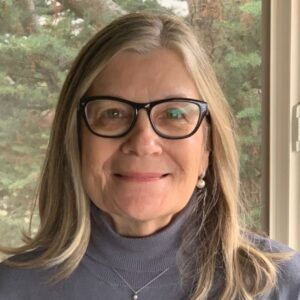 |
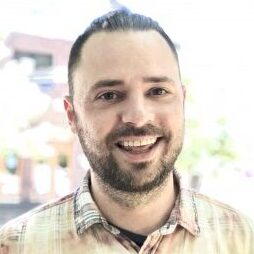 |
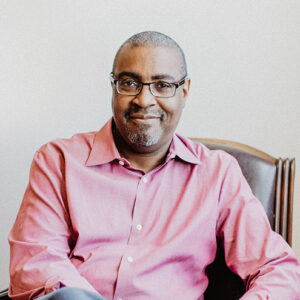 |
Dr. Rose Madrid SwetmanFacilitator Associate Director of the Center for Transforming Engagement |
Rev. Dr. Bob ZurinskyCo-Facilitator Senior Pastor, Emmanuel Covenant Church |
Dr. J. Derek McNeilInstructor President of The Seattle School of Theology and Psychology |
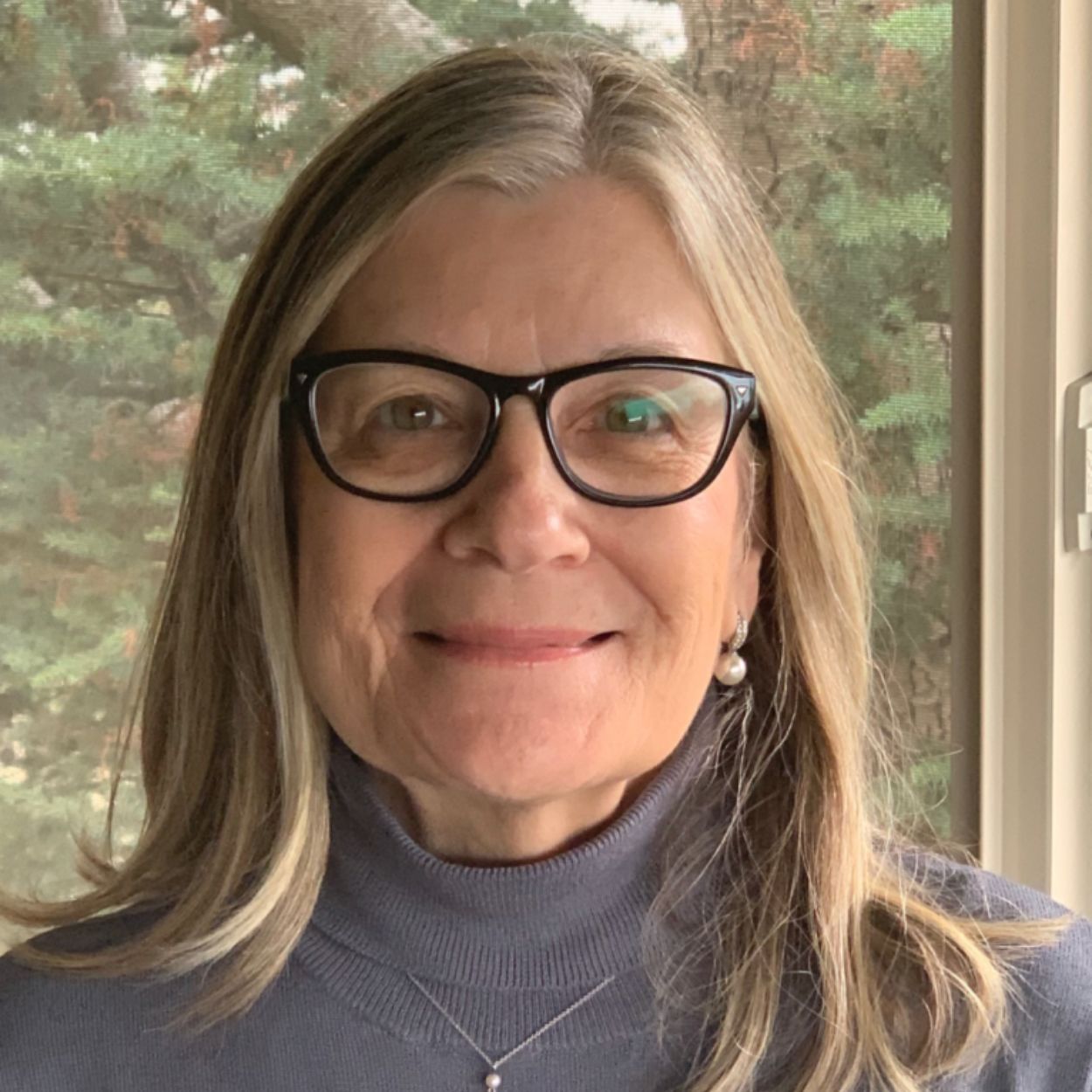
Dr. Rose Madrid Swetman, Facilitator
Associate Director of the Center for Transforming Engagement
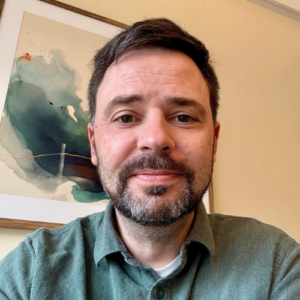
Rev. Dr. Bob Zurinsky, Co-Facilitator
Senior Pastor, Emmanuel Covenant Church
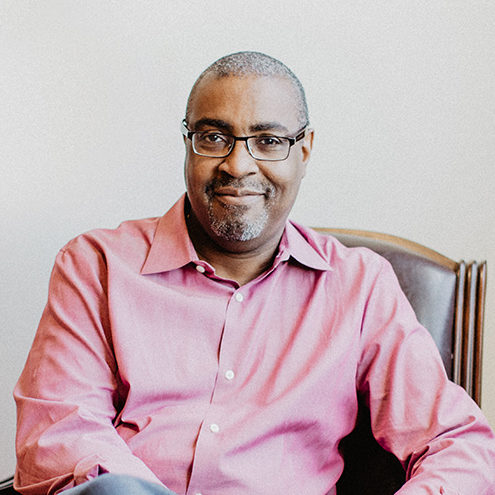
Dr. J. Derek McNeil, Instructor
President of The Seattle School of Theology and Psychology
Who Should Join Leaders Circles?
Leaders who are seeking to grow both personally and professionally, this cohort will give you the tools to transform your leadership.
Let’s Connect!
Let us know which program you are interested in and we will email you with more details and when the next offering will get started.
Circle Participant Feedback
Capacity to tolerate stress:
81% reported growth
Self awareness:
81% reported growth
Ability to deal with conflict in your vocational context:
100% increased
